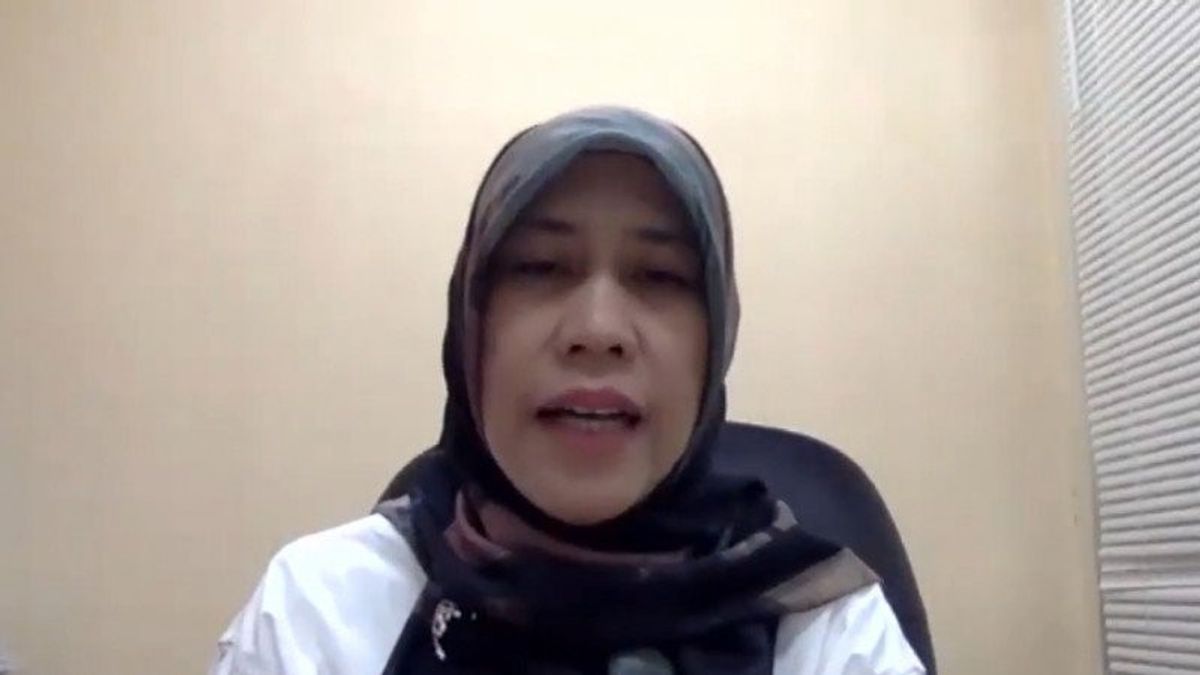JAKARTA - PT Bio Farma's Project Integration Manager of Research and Development Division Neni Nurainy said, based on a survey conducted by the Ministry of Health (Kemenkes), the World Health Organization (WHO) and UNICEF revealed that 7.60 percent of people in Indonesia do not want to be vaccinated.
"The question from the survey is, if the government gives the COVID-19 vaccine, will you and your family participate in the immunization? 7.60 percent answered they don't want to," he said, during an online discussion with the theme One Year Reflections on Jokowi-Amin's Government which was monitored in Jakarta. , reported by Antara, Monday, October 26.
However, the majority of the population, namely 64.81 percent, answered that they agreed to be vaccinated. In addition, there are 27.60 percent of people who do not know whether they are vaccinated or not.
He said that out of 7.60 percent of the people who did not want to be vaccinated, it turned out that they had various different reasons. First, they are not sure about its safety with a percentage of 59.03 percent.
Then it was also found that the reason the community was not sure about the effectiveness of the vaccine was 43.17 percent, 24.20 percent were afraid of vaccine side effects and 26.04 percent did not believe in vaccines.
The survey also found that the reasons people refused or did not want to be vaccinated due to religious issues, 15.97 percent and 31.24 percent for other reasons.
Therefore, he said, based on the results of the survey carried out by involving WHO and UNICEF on September 30, 2020, all elements need to communicate and advocate for the community.
"This needs to convey the importance of vaccines," he said.
Moreover, he said, in the near future the government will immediately carry out vaccinations so that it needs more intense communication and socialization to the public, especially those who refuse to be vaccinated.
He explained that vaccines are only one of the many ways to deal with the epidemic. So it's not the only one, let alone the ultimate weapon.
"So the benefits of vaccines, in addition to controlling death, also prevent disability and complications due to disease," he said.
For example, prior to this the vaccine has saved about 2.7 million human lives from measles, two million from tetanus and one million from pertussis. In fact, several diseases have been eradicated, for example shingles, which occurred in 1979.
Due to the effectiveness of the vaccine, there has been eradication and there is no more such disease in the world. In addition, there is also elimination or reduction in several diseases, including rubella, measles and pertussis.
"In essence, vaccines create immunity in individuals, groups and globally," he said.
The English, Chinese, Japanese, Arabic, and French versions are automatically generated by the AI. So there may still be inaccuracies in translating, please always see Indonesian as our main language. (system supported by DigitalSiber.id)













